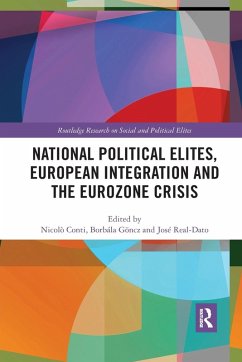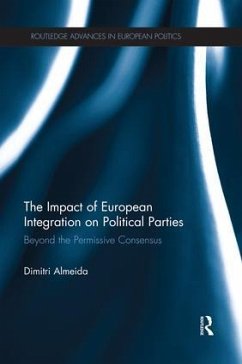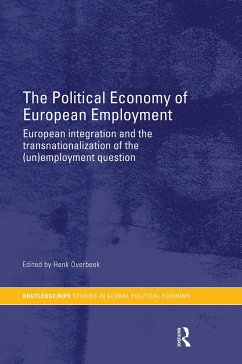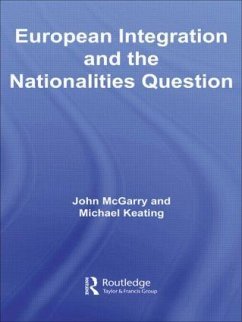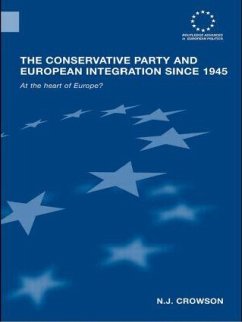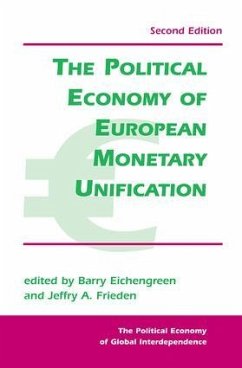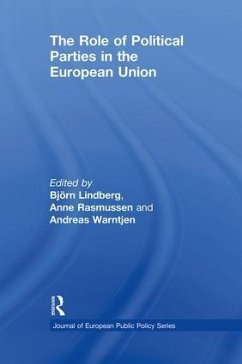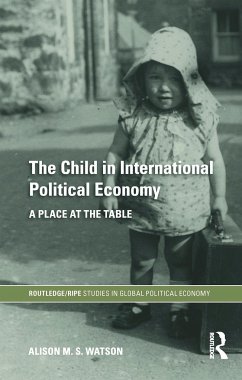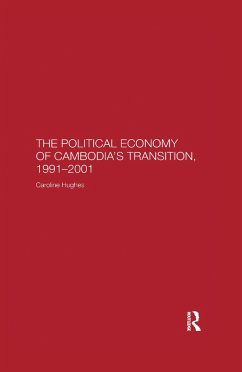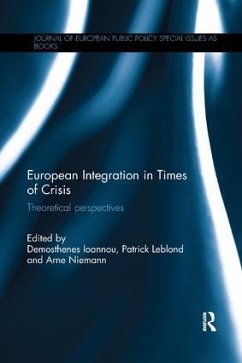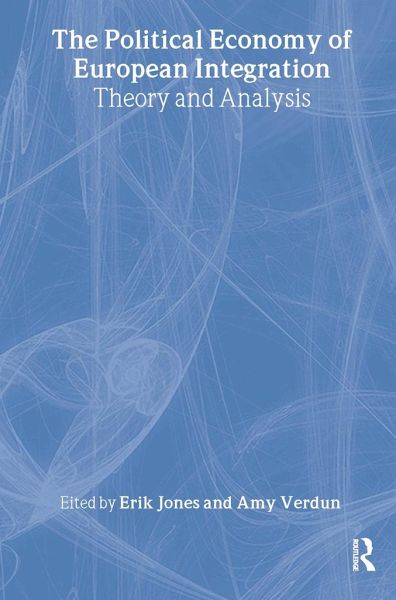
The Political Economy of European Integration
Theory and Analysis
Versandkostenfrei!
Versandfertig in 1-2 Wochen
58,99 €
inkl. MwSt.
Weitere Ausgaben:

PAYBACK Punkte
29 °P sammeln!
This book provides an accessible introduction to diverse political economy perspectives on different aspects of European integration. It presents a critical appraisal of how scholars in the EU and US use theory to understand European integration.





